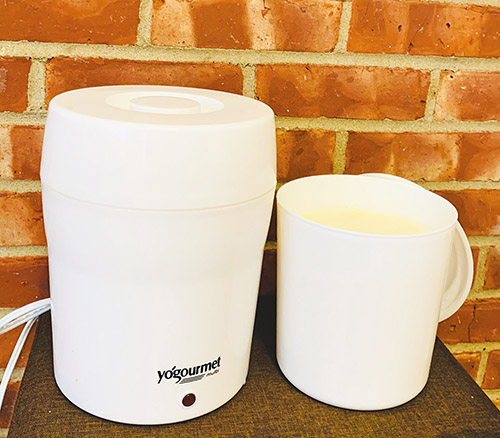
If you have ever listened to a gut feeling or had butterflies in your stomach, then you have experienced the strong influence that the brain has over the gut. What you are feeling can manifest physically. However, are you also aware that this connection goes both ways? That is, what is happening internally, in your gut, can have an enormous effect on the brain. This connection goes so deep that scientists have started calling the gut “the second brain.”
The healthy bacteria that live in your gut, known as your microbiome or gut flora, create and secrete neurotransmitters such as serotonin, dopamine and gamma-aminobutyric acid (GABA). Neurotransmitters are essential for brain function; they send messages between your neurons, in order to communicate information. While the neurotransmitters listed above have distinct roles, they all play an important part in regulating your mood and other brain functions. In fact, approximately 90% of serotonin, the primary neurotransmitter that regulates mood, is produced in your gut. Therefore, when your microbiome is out of balance, you may experience symptoms of brain fog, poor memory, anxiety and/or depression. In addition, there have even been studies linking imbalances in gut bacteria to learning disabilities, ADD/ADHD, autism and schizophrenia.
Probiotic Foods and Supplements
- Kefir
- Yogurt
- Kimchi
- Miso
- Tempeh
- Pickles
- Sauerkraut
- Natto
- Kombucha
- Probiotic supplements
If you want to maintain a balanced microbiome, it is important to consume a variety of fermented foods or probiotic supplements that contain healthy bacteria. Variety is important because each fermented food contains different strains of bacteria.
Probiotics include:
*Note: Many fermented foods contain salt; please consult with your physician if you are on a salt restricted diet.
Fermented Dairy Products and Lactose Intolerance
With my physician’s guidance, I have tried most of the probiotic foods listed above and have found homemade yogurt, miso and probiotic supplements to work best to keep my microbiome balanced. Although I am lactose intolerant, I have been able to consume homemade yogurt, fermented over a 24-hour period, without any intestinal discomfort. When fermented for a full 24 hours, most of the lactose in the milk has been consumed by the beneficial bacteria. Keep in mind that most store-bought yogurt and kefir are fermented for only 3-4 hours. Therefore, homemade yogurt may be easier on your digestion, and it also contains more beneficial bacteria.
Homemade Yogurt Recipe
Adapted from “Breaking the Vicious Cycle” by Elaine Gottschall
Ingredients
- ½ gallon grass-fed organic whole milk
- ½ cup plain yogurt OR a yogurt starter such as Yogourmet brand.
Instructions
1. Heat milk in a pot until it reaches about 180 F.
2. Let milk cool to 80 F.
3. Dissolve ½ cup of yogurt or one sachet of starter in a small amount of the cooled milk in a cup. Pour back into the liter of milk and mix well.
4. Incubate in a yogurt maker for 24 hours.
5. Refrigerate for about 8 hours to stop the incubation process.
6. Eat within 2 weeks.
Prebiotics
In addition to eating foods with beneficial bacteria, it is important to eat prebiotics, which are like food for the bacteria. This ensures that the “garden of bacteria” will flourish in your gut.
Prebiotic foods include:
- Jerusalem Artichoke
- Dandelion Greens
- Raw Garlic
- Raw and cooked onion
- Raw banana
- Raw Asparagus
- Carrots
- Jicama
- Chia Seeds
- Radishes
- Coconut Meat and Flour
- Leeks
- Pumpkin seeds
- Beets
- Prebiotic supplements
- Chicory root
- Yams
When introducing probiotic foods and/or supplements into your diet, go slow! As always, please consult with your health practitioner for guidance when trying new probiotic foods and/or supplements.
Wishing you much health, wellness, and healing wherever you may be on your health journey.
Jill Friedbauer has been working in the field of health and wellness for 20 years. She is a national board certified health and wellness coach, licensed physical therapist, and author of the book “Heal Your Soul, Heal Your Gut.” Jill is available for one-on-one health coaching, family health coaching, group coaching and speaking engagements. Jill can be reached via email at: jill@jillfriedbauer.com or to book a consultation, visit her website at: www.jillfriedbauer.com.









